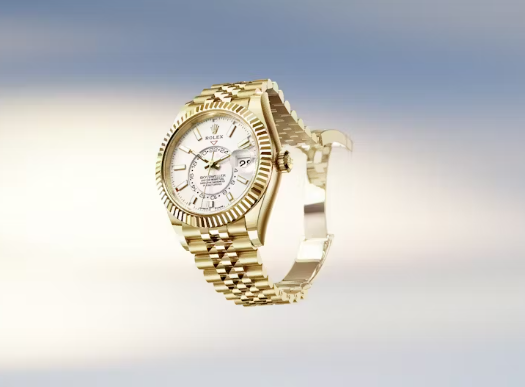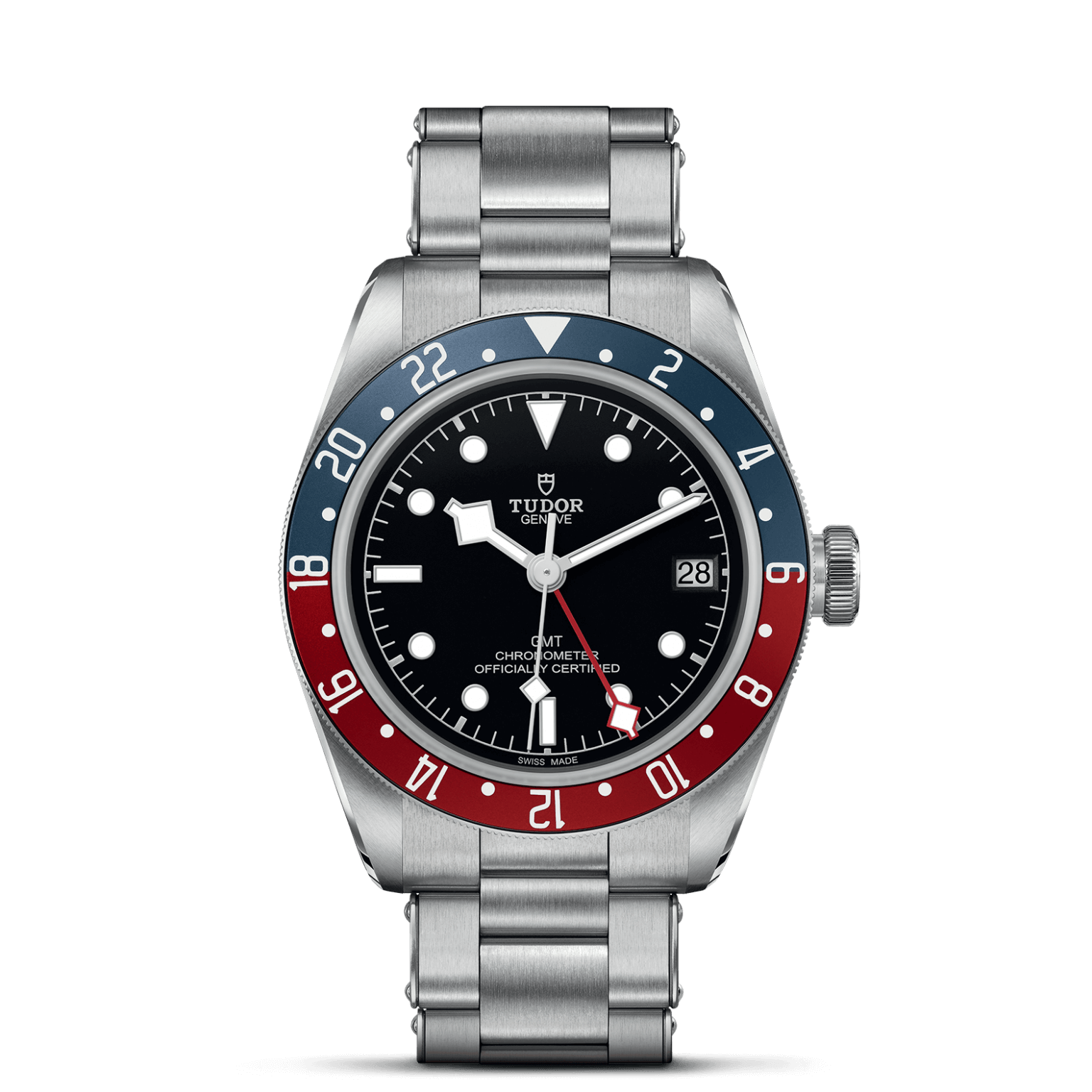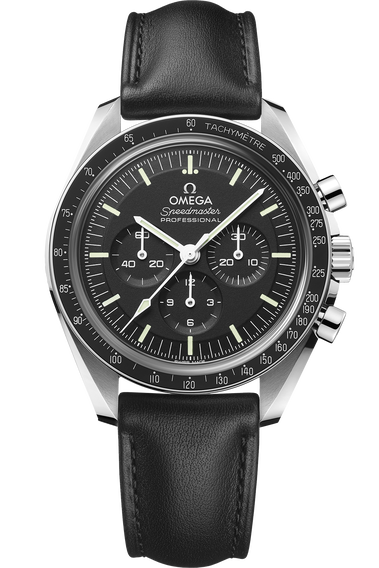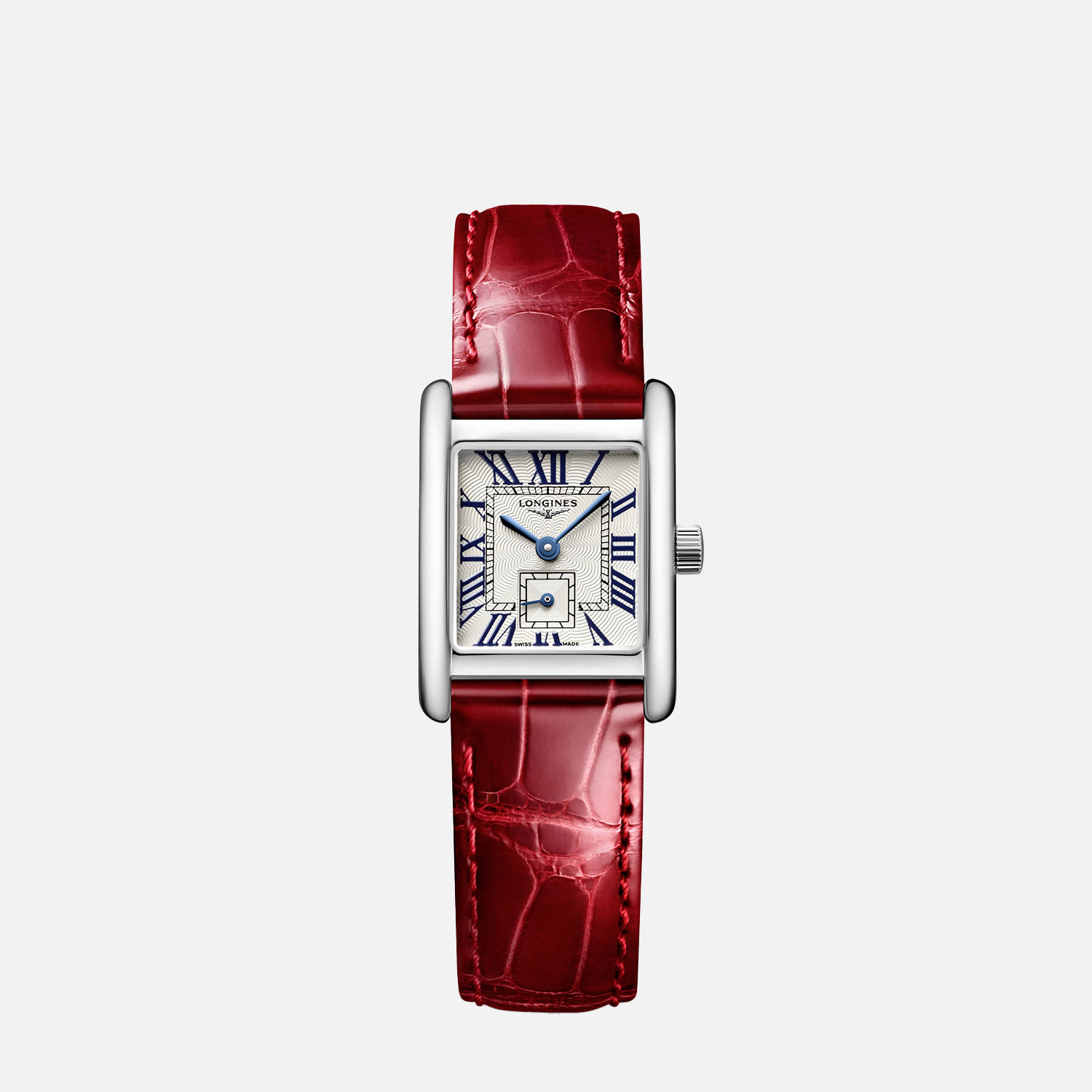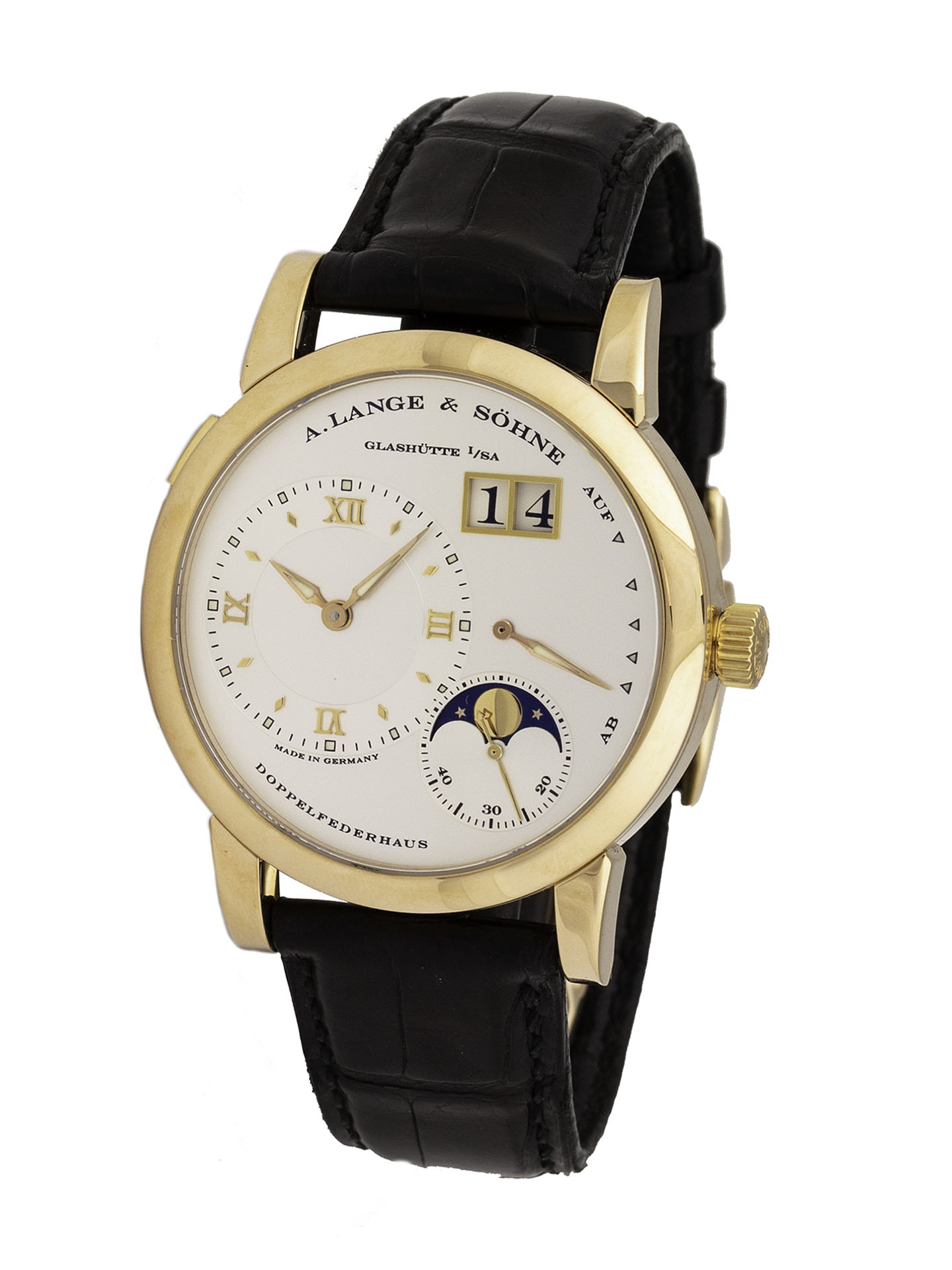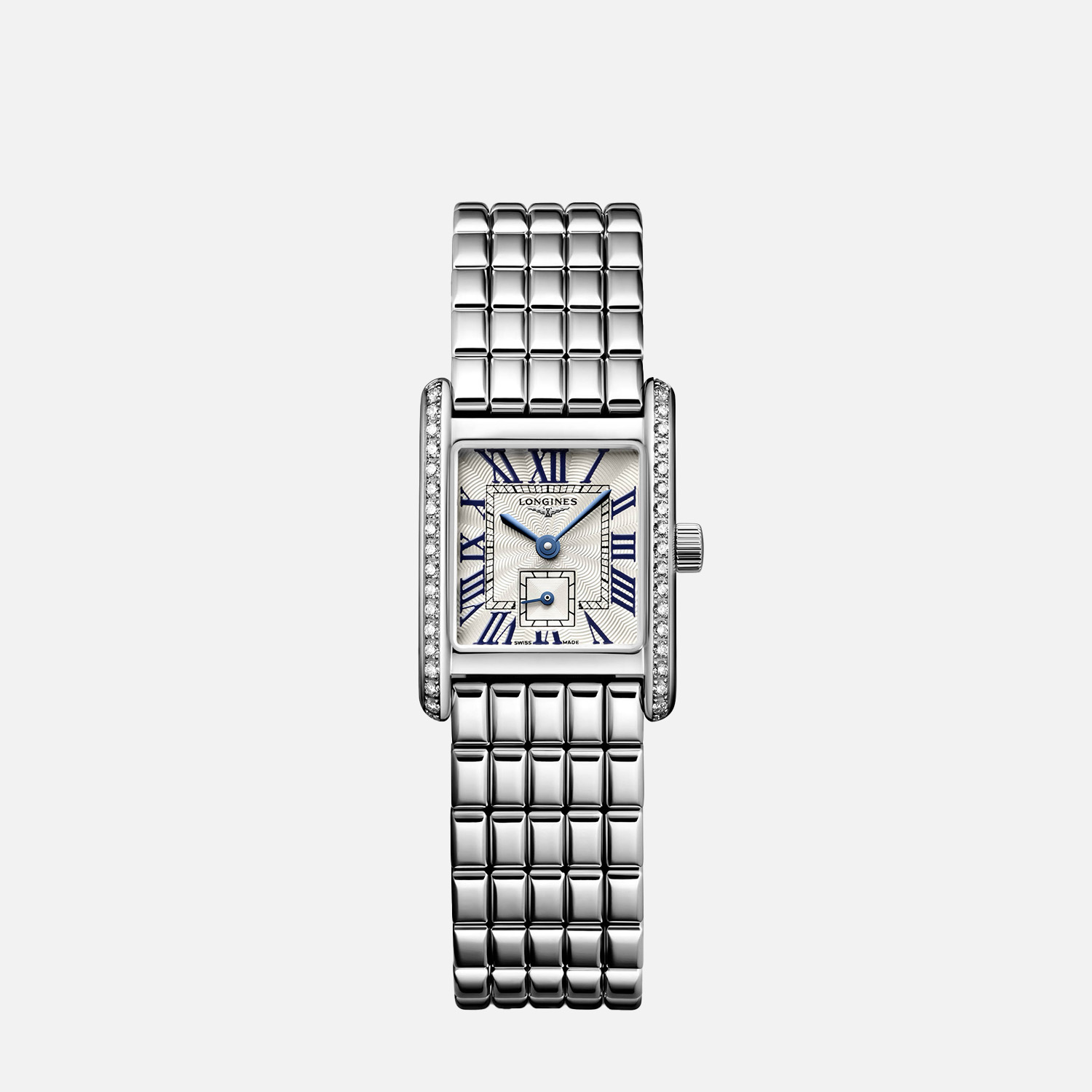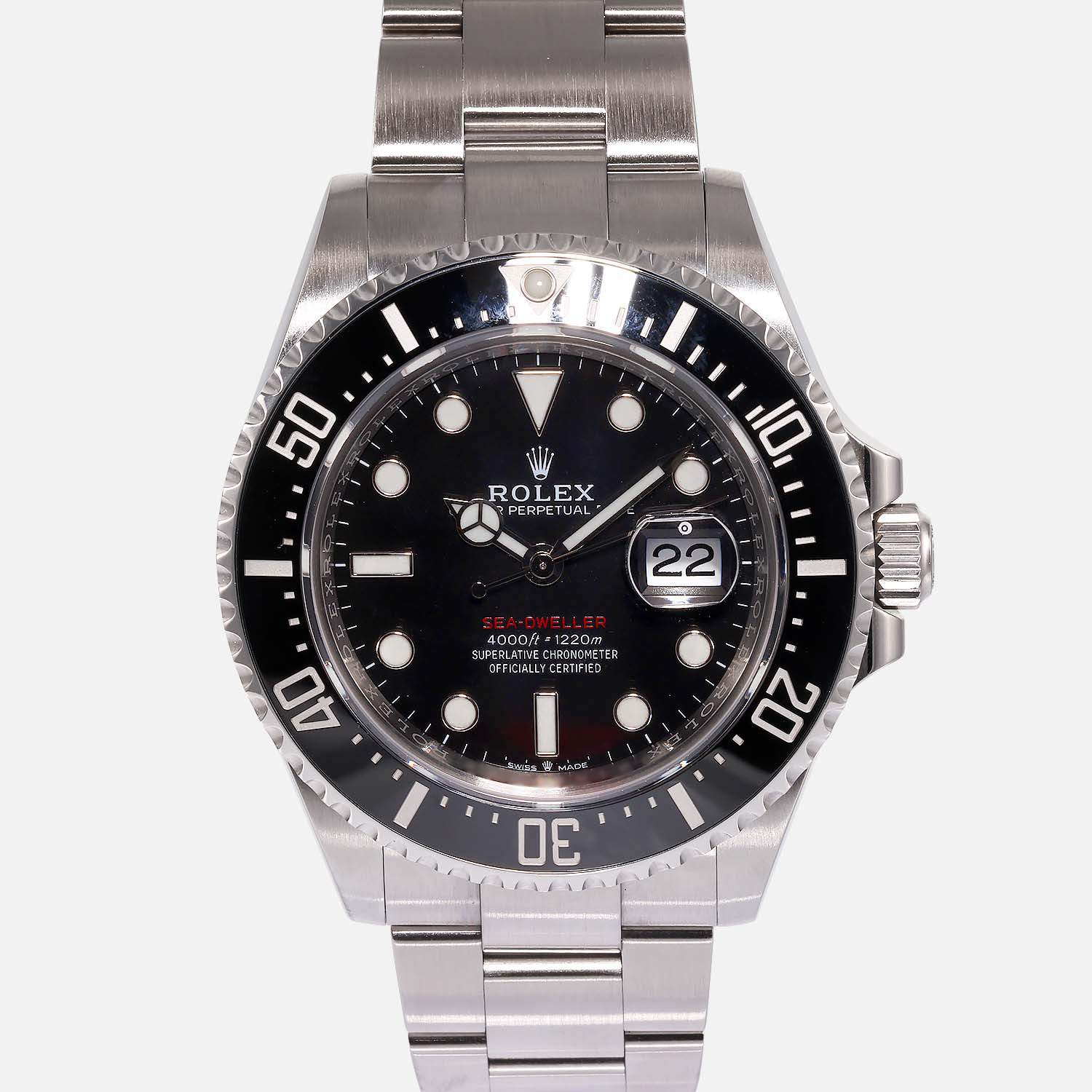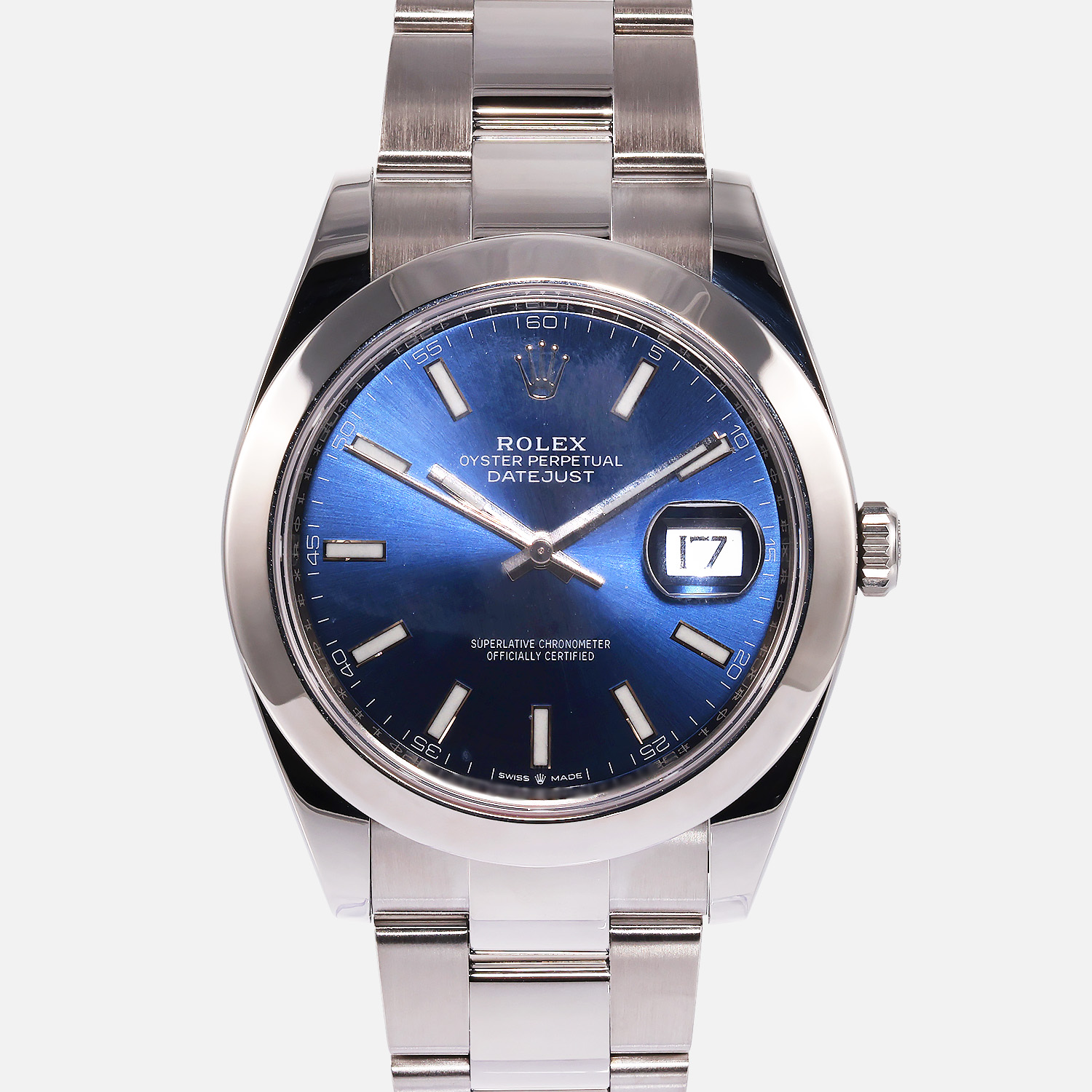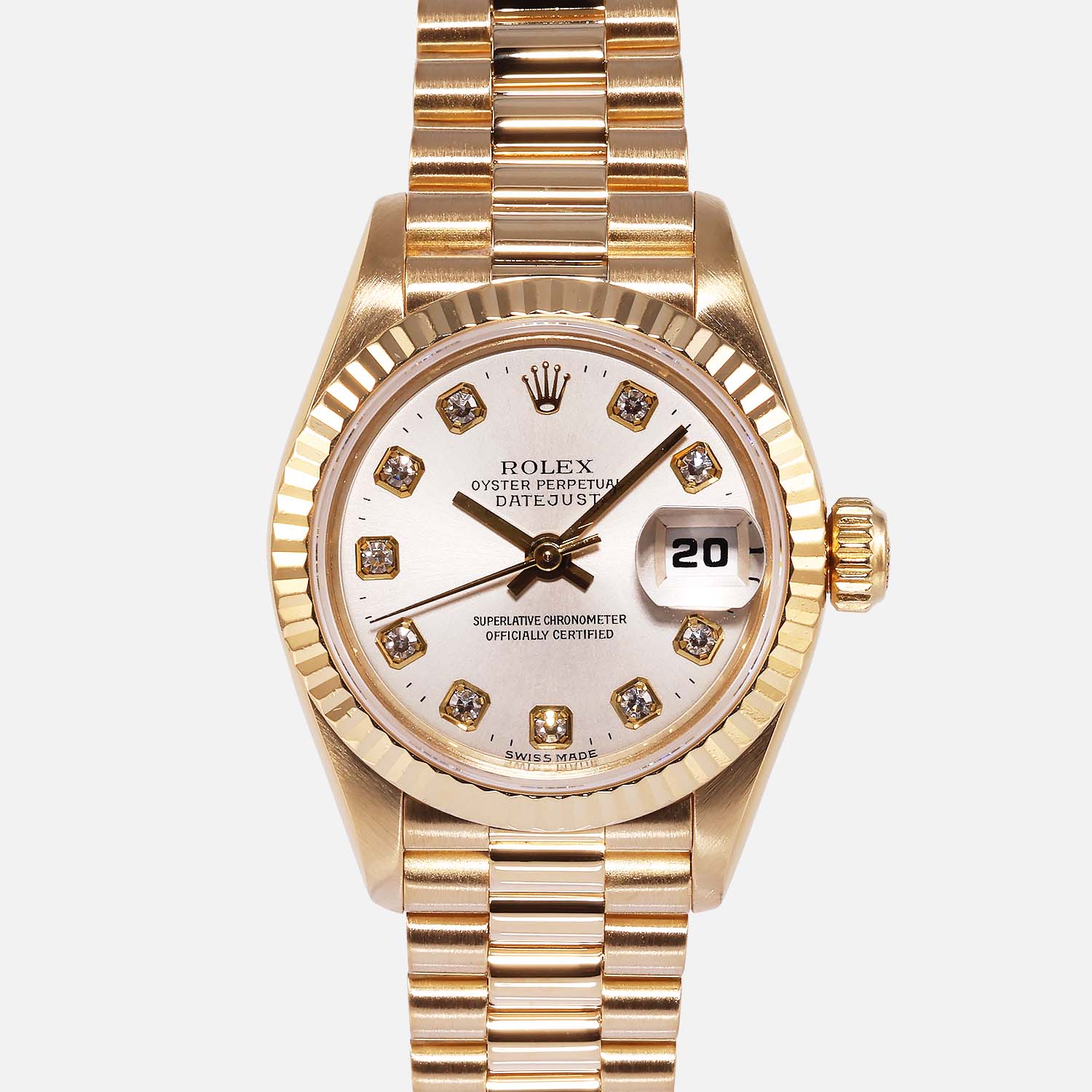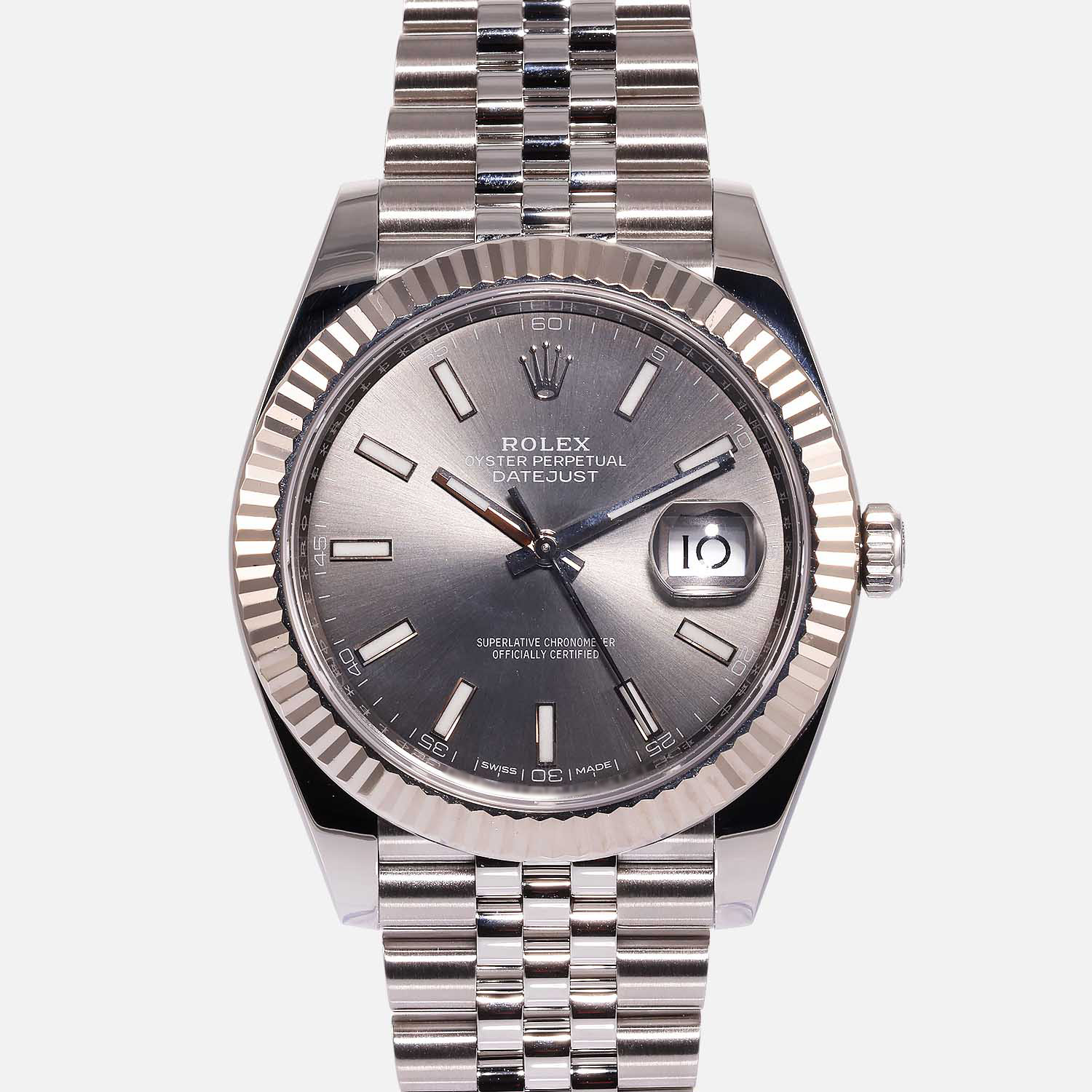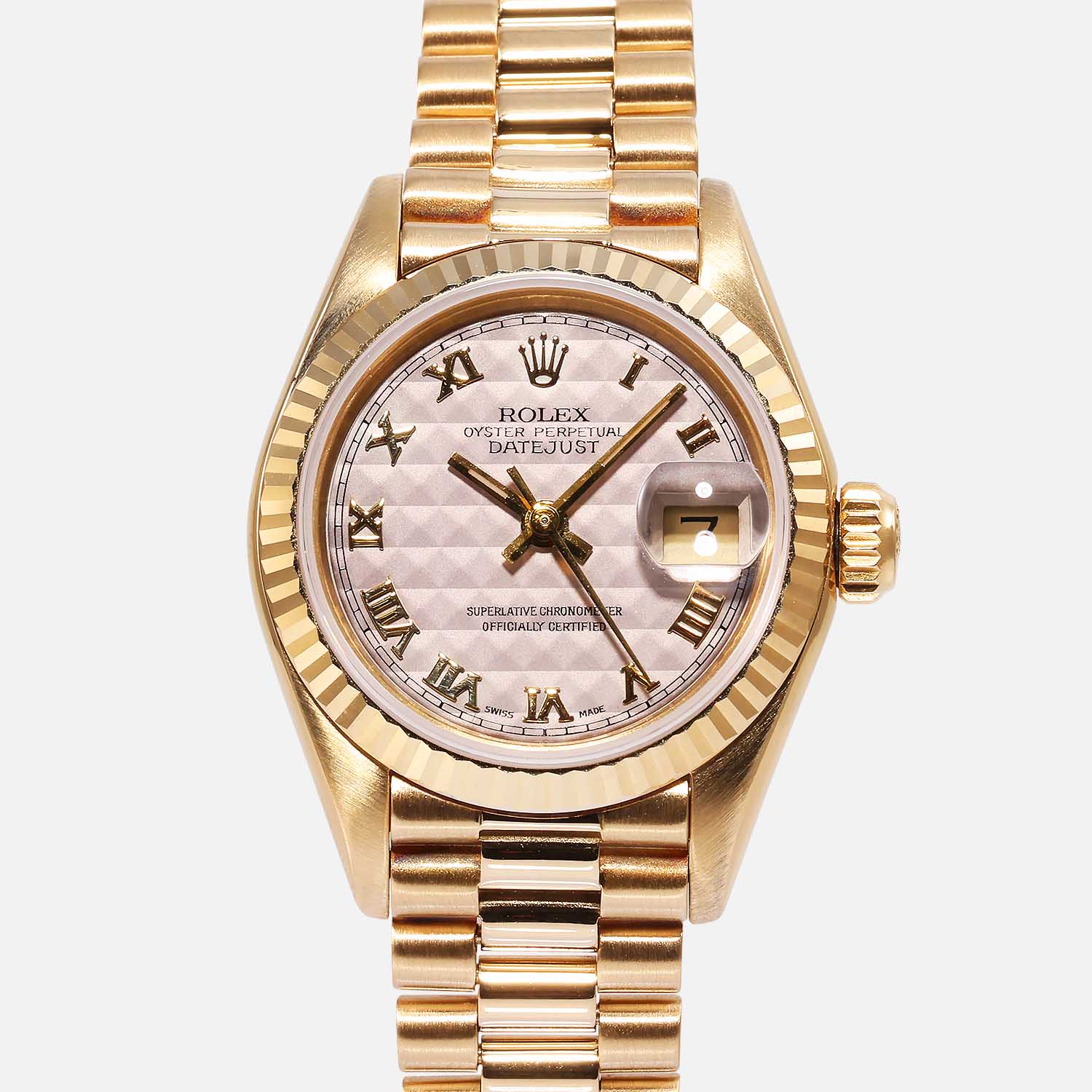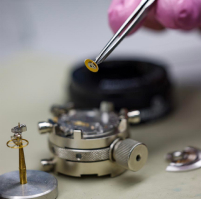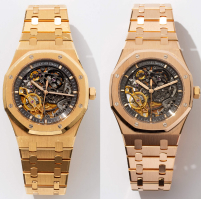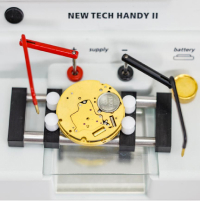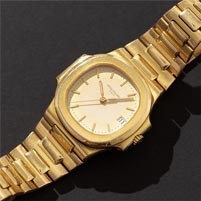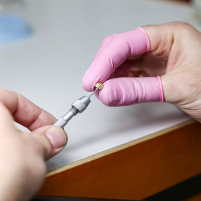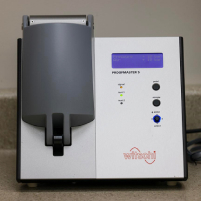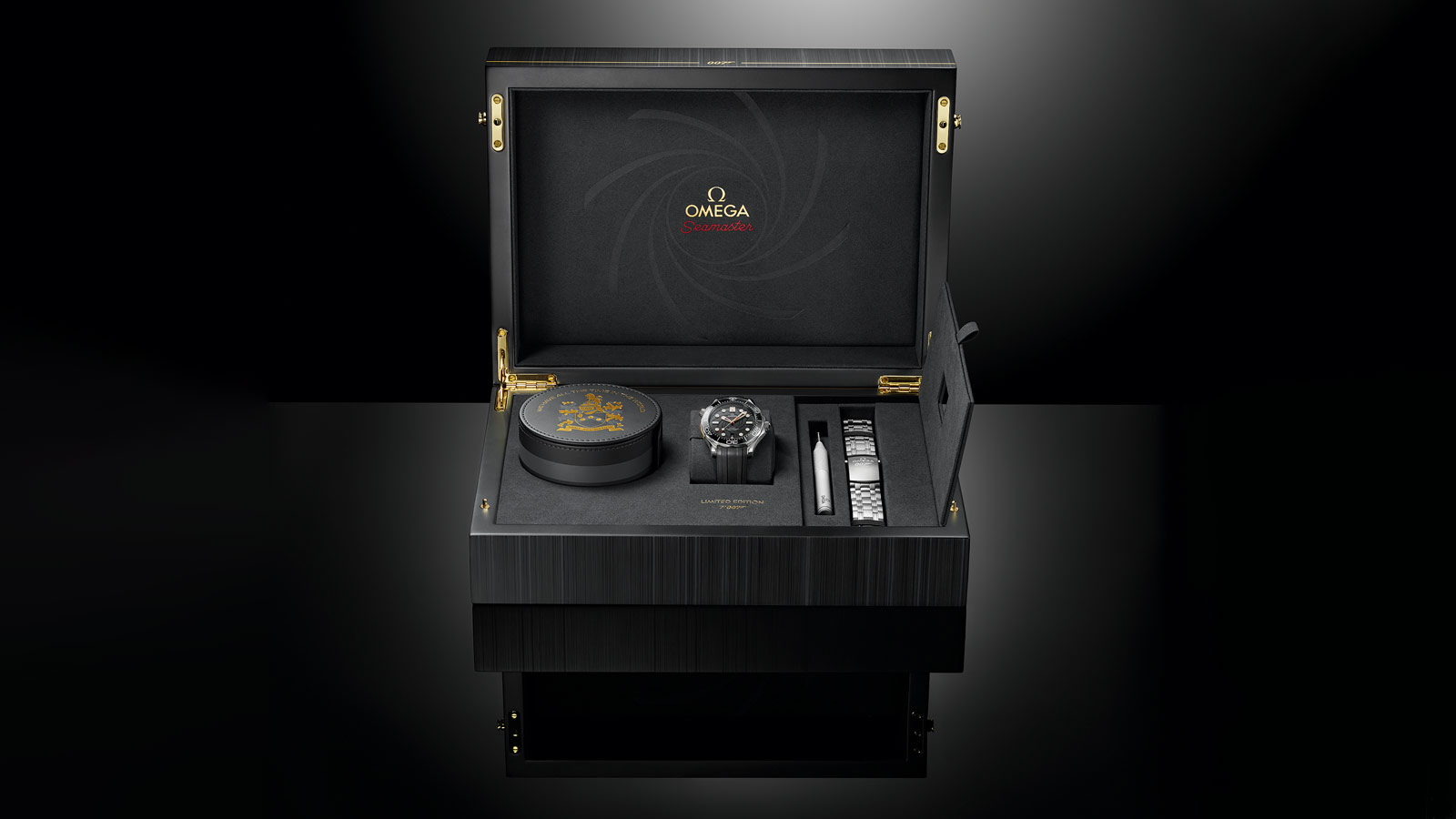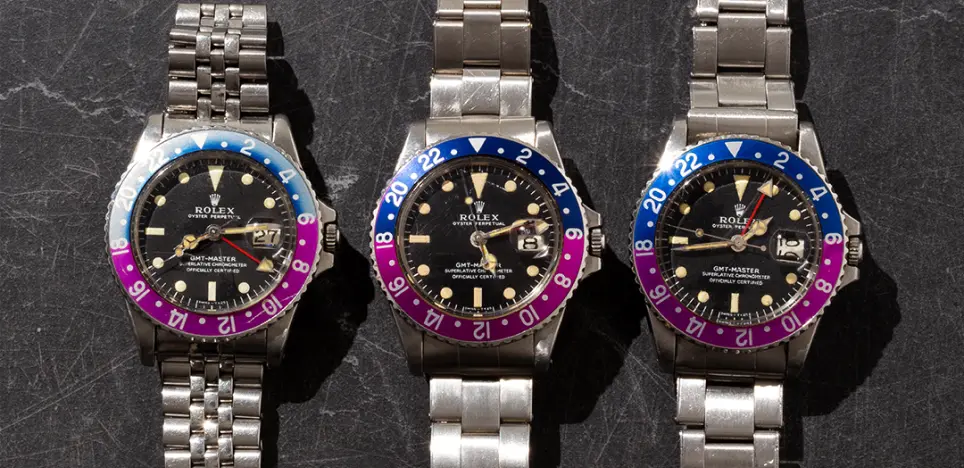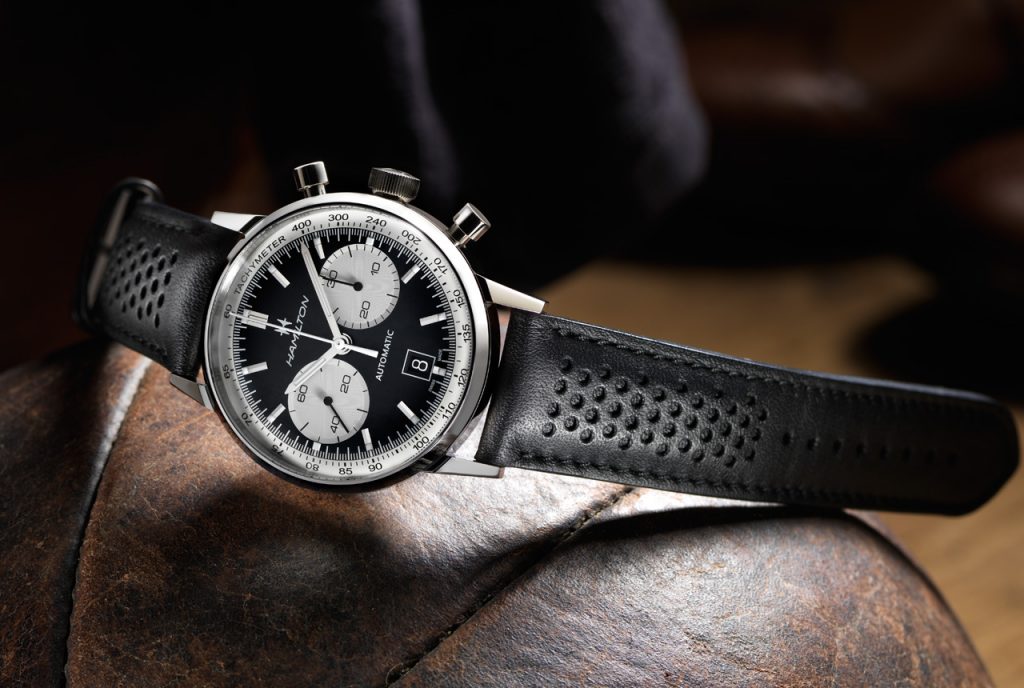How Much Is My OMEGA Watch Worth?
January 7, 2022Omega watches, in particular, are appealing to those who want to make a fashion statement while also keeping their look chic and timeless. Fashion enthusiasts and watch collectors agree that Omega watches are the perfect combination of aesthetics and technology, making them the ideal choice for a luxury timepiece.
Before you rush to sell yours, though, there are a lot of factors that you should educate yourself on regarding its value. Knowing details like the make and model will be essential if you want to get a good sense of your Omega watch’s worth.
Any Omega is likely to be a valuable investment. Read on, though, for more information on how to determine precisely how valuable of an investment it is.
Which Factors Affect the Value of an Omega Watch?
When it comes to assessing the value of a designer brand watch, looks can be deceiving.
You might be tempted to think one watch is more valuable than others on the market because of its attractive design and ability to add a hint of luxury to your outfit. Meanwhile, another might far outrank it in terms of value category simply because it is a rare model.
Like most things in the fashion industry, figuring out the value of a timepiece demands a complete understanding of the watch market and what appraisers look for in a quality item.
Below is a list of factors that should give a good sense of what to keep an eye out for when determining the value of your Omega watch.
1. Condition
Unfortunately, an Omega is not your average watch for everyday wear. Tiny nicks and dings, though minuscule, cannot easily be covered up and forgotten.
Quite the opposite. Even the smallest amount of damage can cause the luxury watch you invested in to plummet.
The fact of the matter is that most shoppers expect their luxury accessories to be in top-notch condition upon purchase. So, if you want your Omega to retain its full value for a long time to come, then make sure to keep on top of cleaning and repairs.
To put it simply, upkeep is vital.
2. Materials
One factor that goes hand in hand with material when it comes to determining a watch’s value.
Certain materials are better at hiding wear and tear than others. Anything with metal, for instance, will be far less likely to erode and deteriorate over time than, say, leather.
Aside from their ability to hold up better over time, precious metals are intrinsically more valuable than anything cloth or non-precious. More metal in the watch also means more intensive labor during the manufacturing process, driving the price up.
For both of these reasons, a watch with a face made of 18kt gold and a stainless steel band will naturally fetch a higher resale price than a watch with the same face and a leather band.
3. Model
Though the Omega name always tends to fetch a considerable price on the luxury market, some specific models fare better than others.
Over the years, luxury brands typically will come out with a number of specialty models for their most loyal customers or commemorate certain milestones and events. Like many similar brands, the Omega line has also come out with its fair share of special edition watches and ultra-luxury products.
These unique editions could be easily overlooked or even turned down in favor of something more commonplace to the average customer. A jewelry appraiser or luxury watch collector, on the other hand, will most likely be able to tell with a quick glance if the model you have in your possession is an extra-valuable find.
The Omega Seamaster, for instance, is known to be an especially esteemed “diving watch,” valued for its combination of technological innovation and versatile sportswear style. Even amongst the Seamaster watches, those made of steel or quartz are an even that much better investment.
Likewise, the Omega Speedmaster Professional Chronograph 42mm is another rare and popular find. They are known for giving one of the most accurate time readings possible and helped give Omega its reputation. Speedmasters produced before 1968 are valued even higher by most collectors because of their unique design details.
Omega watches are almost always appraised at a decent value. That said, it helps to stay attuned to market trends and brush up on the brand’s history.
You might find that your watch’s model is actually a particularly rare or valuable one.
4. Market Price
The market price factor primarily affects the value of secondhand or vintage watches but is still important to consider nonetheless.
The state of the luxury jewelry market fluctuates up and down, just like any other industry. These fluctuations are primarily due to changes in the availability of the product. Demand for the item on the market also plays a big part.
Depending on the supply and demand of Omegas on the retail market, a used Omega watch could be pretty valuable. When Omega’s recommended retail price skyrockets, the preowned watch price follows.
While brand new watches are nice, purchasing an Omega secondhand can be a much cheaper way to attain a luxury item of a similar caliber. This truth only holds true, though, when the market is such that new watches are in higher demand than vintage or second hand watches, and there are still plenty of both available.
If you purchased your Omega watch for next to nothing a few years ago, that says nothing about how much it will be worth in the future. At some point or another, your investment will be likely to pay off.
Conclusion:
Though several well-known luxury watch brands are out there, Omegas are always especially desirable for their aesthetic designs, technological innovation, and quality manufacturing.
Because they are always in such high demand, these timepieces are typically considered to be quite sound investments. Even models of lesser value cause jewelry dealers and collectors to jump at the chance of scooping one up.
If your Omega watch checks out according to all of the factors listed above, then that’s cause for celebration. You are sitting on a pretty valuable piece of luxury finery.
If you have any further questions about your watch, ask the experts at Precision Watches.
All of Our Watches Are 100% Authentic and Certified By Our In-House Swiss Trained Watchmakers
Brick and Mortar Store For Over 30 Years
Have Any Questions? Speak With One Of Our Sales Professionals


